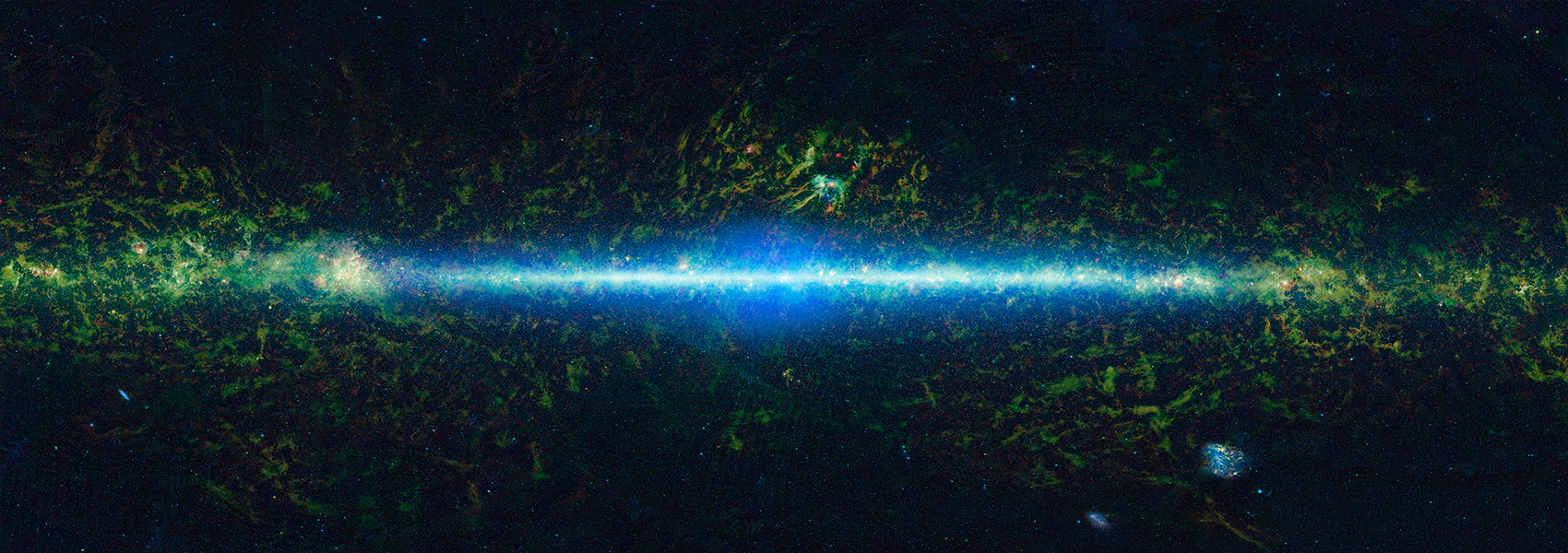
Minutes-duration optical flares with supernova luminosities
November 2023 • 2023Natur.623..927H
Abstract • In recent years, certain luminous extragalactic optical transients have been observed to last only a few days1. Their short observed duration implies a different powering mechanism from the most common luminous extragalactic transients (supernovae), whose timescale is weeks2. Some short-duration transients, most notably AT2018cow (ref. 3), show blue optical colours and bright radio and X-ray emission4. Several AT2018cow-like transients have shown hints of a long-lived embedded energy source5, such as X-ray variability6,7, prolonged ultraviolet emission8, a tentative X-ray quasiperiodic oscillation9,10 and large energies coupled to fast (but subrelativistic) radio-emitting ejecta11,12. Here we report observations of minutes-duration optical flares in the aftermath of an AT2018cow-like transient, AT2022tsd (the `Tasmanian Devil'). The flares occur over a period of months, are highly energetic and are probably nonthermal, implying that they arise from a near-relativistic outflow or jet. Our observations confirm that, in some AT2018cow-like transients, the embedded energy source is a compact object, either a magnetar or an accreting black hole.
Links
- SIMBAD https://simbad.u-strasbg.fr/simbad/sim-ref?querymethod=bib&simbo=on&submit=submit+bibcode&bibcode=2023Natur.623..927H
- PREPRINT http://arxiv.org/abs/2311.10195
- NED https://ned.ipac.caltech.edu/uri/NED::InRefcode/2023Natur.623..927H
- DATA http://www.github.com/annayqho/AT2022tsd
- DATA https://cda.harvard.edu/chaser?obsid=26641,26642,26643,26644,26645,26646,27639,27643,27950,27951
- DATA http://archive.eso.org/bin/ads2eso?2023Natur.623..927H
- DATA http://archive.eso.org/bin/ads2eso?2023Natur.623..927H
- ELECTR https://doi.org/10.1038%2Fs41586-023-06673-6


